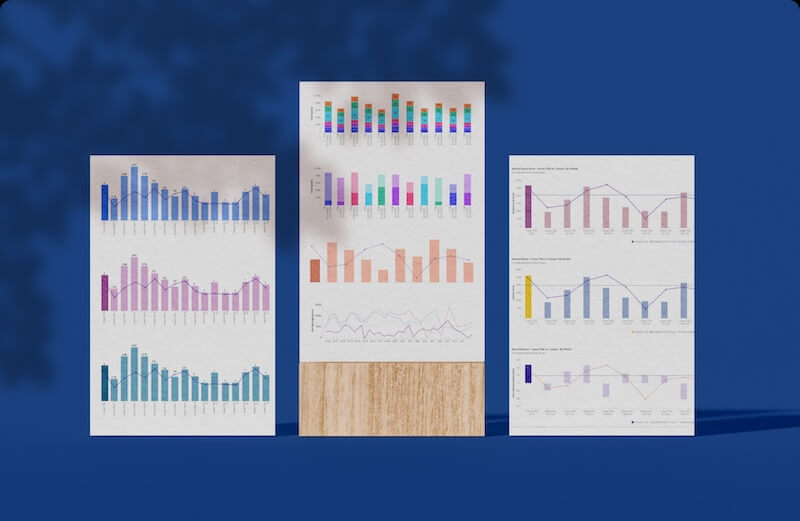Identifying the Determinants of Pro-Environmental Behaviour

Project Overview
This research project investigated the factors that drive pro-environmental behaviors among consumers. The study aimed to understand the relative importance of personal values, social influences, knowledge levels, and contextual factors in encouraging sustainable choices.
I designed and conducted a comprehensive study that combined survey research, behavioral experiments, and contextual analysis to build a holistic understanding of environmental decision-making.
Key Findings
- Identified that personal values have the strongest correlation with consistent environmental behaviors
- Discovered that social norms significantly influence public but not private environmental actions
- Found that knowledge of environmental issues correlates with behavior only when combined with strong values
- Mapped how contextual factors can override intentions in specific situations
- Developed a predictive model of behavior change based on multiple determinant factors
Methodology
The research used a mixed-methods approach combining quantitative surveys with qualitative interviews and observational studies. I developed measurement scales for various determinants and validated them through pilot studies.
Statistical analysis included factor analysis to identify underlying determinant structures, path analysis to model causal relationships, and regression modeling to quantify relative influences. The findings were applied to develop evidence-based recommendations for environmental behavior change campaigns.
Project Details
- Behavioral Scientist
- Environmental Psychologist
- Statistical Analyst
- Policy Advisor

